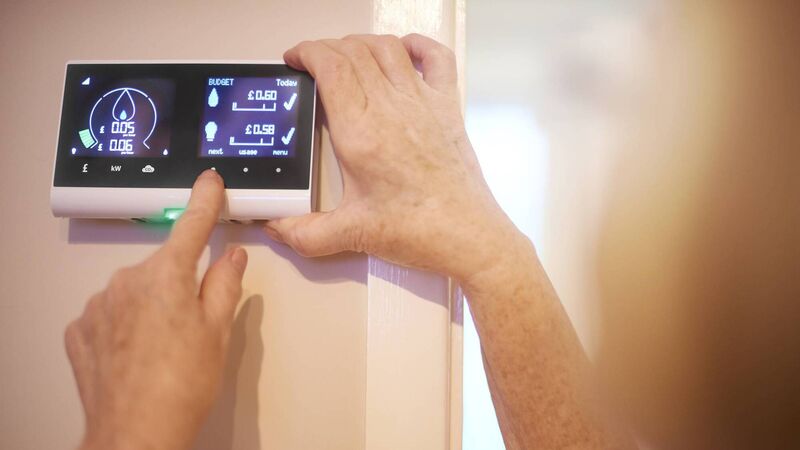Quarter of people cut back on food and energy during pandemic, SVP says

The survey found that 43% of the population reported experiencing at least one form of financial strain due to the Covid-19 pandemic.
A quarter of people are cutting back on food and utilities and almost one-in-ten tenants are falling behind on their rent due to pandemic, according to a new survey by the Society of St Vincent de Paul (SVP).
Based on a representative sample of 1,026 adults, the survey found that 43% of the population reported experiencing at least one form of financial strain due to the Covid-19 pandemic.










